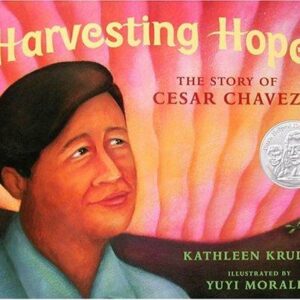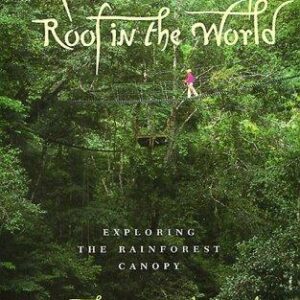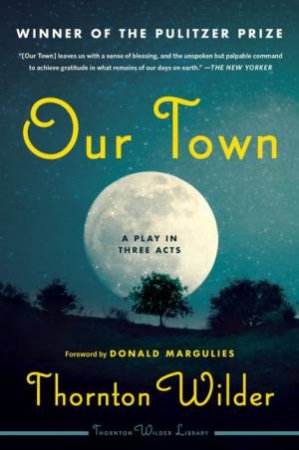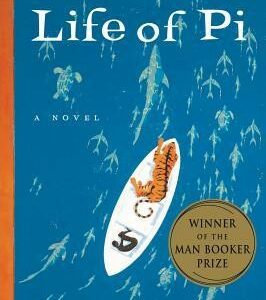Cocaine
$104.95
| Title | Range | Discount |
|---|---|---|
| Trade Discount | 5 + | 25% |
- Description
- Additional information
Description
The contributors to Cocaine analyze the contemporary production, transit, and consumption of cocaine throughout the Americas and the illicit economy's entanglement with local communities. Based on in-depth interviews and archival research, these essays examine how government agents, acting both within and outside the law, and criminal actors seek to manage the flow of illicit drugs to both maintain order and earn profits. Whether discussing the moral economy of coca cultivation in Bolivia, criminal organizations and drug traffickers in Mexico, or the routes cocaine takes as it travels into and through Guatemala, the contributors demonstrate how entire ways of life are built around cocaine commodification. They consider how the authority of state actors is coupled with the self-regulating practices of drug producers, traffickers, and dealers, complicating notions of governance and of the relationships between economic and moral economies. The collection also outlines a more progressive drug policy that acknowledges the important role drugs play in the lives of those at the urban and rural margins.
Contributors. Enrique Desmond Arias, Lilian Bobea, Philippe Bourgois, Anthony W. Fontes, Robert Gay, Paul Gootenberg, Romain Le Cour Grandmaison, Thomas Grisaffi, Laurie Kain Hart, Annette Idler, George Karandinos, Fernando Montero, Dennis Rodgers, Taniele Rui, Cyrus Veeser, Autumn Zellers-León The contributors to Cocaine analyze the contemporary production, transit, and consumption of cocaine throughout Latin America and the illicit economy's entanglement with local communities. Enrique Desmond Arias is Marxe Chair of Western Hemisphere Affairs and Professor, Baruch College and the Graduate Center, City University of New York. He is the author of Criminal Enterprises and Governance in Latin America and the Caribbean.
Thomas Grisaffi is Associate Professor of Human Geography at the University of Reading and author of Coca Yes, Cocaine No: How Bolivia’s Coca Growers Reshaped Democracy, also published by Duke University Press. Acknowledgments ix
Introduction. The Moral Economy of the Cocaine Trade / Enrique Desmond Arias and Thomas Grisaffi 1
1. The White Factory: Coca, Cocaine, and Informal Governance in the Chapare, Bolivia / Thomas Grisaffi 41
2. Tracing Cocaine Supply Chains from Within: Illicit Flows, Armed Conflict, and the Moral Economy of Andean Borderlands / Annette Idler 69
3. Drug Crops, Twisted Motorcycles, and Cultural Loss n Indigenous Colombia / Autumn Zellers-León 94
4. From Corumbá to Rio: An Ethnography of Trafficking / Robert Gay 117
5. Border, Ghetto, Prison: Cocaine and Social Orders in Guatemala / Anthony W. Fontes 139
6. Drug Cartels, From Political to Criminal Intermediation: The Caballeros Templarios' Mirror Sovereignty in Michoacán, Mexico / Romain Le Cour Grandmaison 165
7. Of Drugs, Tortillas, and Real Estate: On the Tangible and Intangible Benefits of Drug Dealing in Nicaragua / Dennis Rodgers 190
8. "A Very Well Established Culture": Cocaine Market Self-Regulation as Alternative Governance in San Juan, Puerto Rico / Lilian Bobea and Cyrus Veeser 209
9. Visible and Invisible "Cracklands" in Brazil: Moral Drug Commerce and the Production of Space in São Paulo and Rio de Janeiro (1990–2017) / Taniele Rui 232
10. The Violence of the American Dream in Segregated US Inner-City Narcotics Markets / Philippe Bourgois, Laurie Kain Hart, George Karandinos and Fernando Montero 254
11. Shifting South: Cocaine's Historical Present and the Changing Politics of Drug War, 1975–2015 / Paul Gootenberg 287
Conclusion. Responding to Cocaine's Moral Economies / Enrique Desmond Arias 317
Contributors 341
Index 347
Additional information
| Weight | 1 oz |
|---|---|
| Dimensions | 1 × 6 × 9 in |








